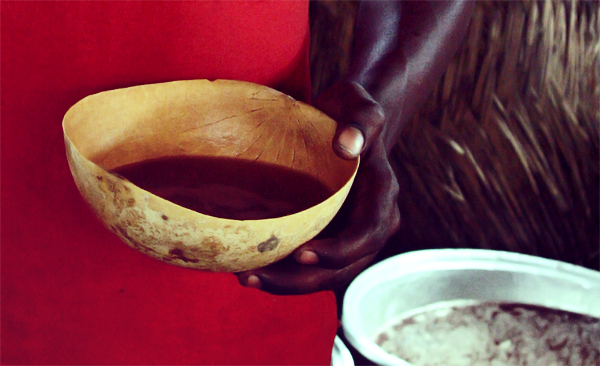“Are you sure my car will fit?” I said to the Burkinabé sitting next to me.
“Yes, yes,” he replied, as I turned off the main road onto a dirt track twisting into a neighborhood of flat-roofed mud houses. The labyrinth of alleyways opened onto a small square, where I parked under the shade of a neem tree.
